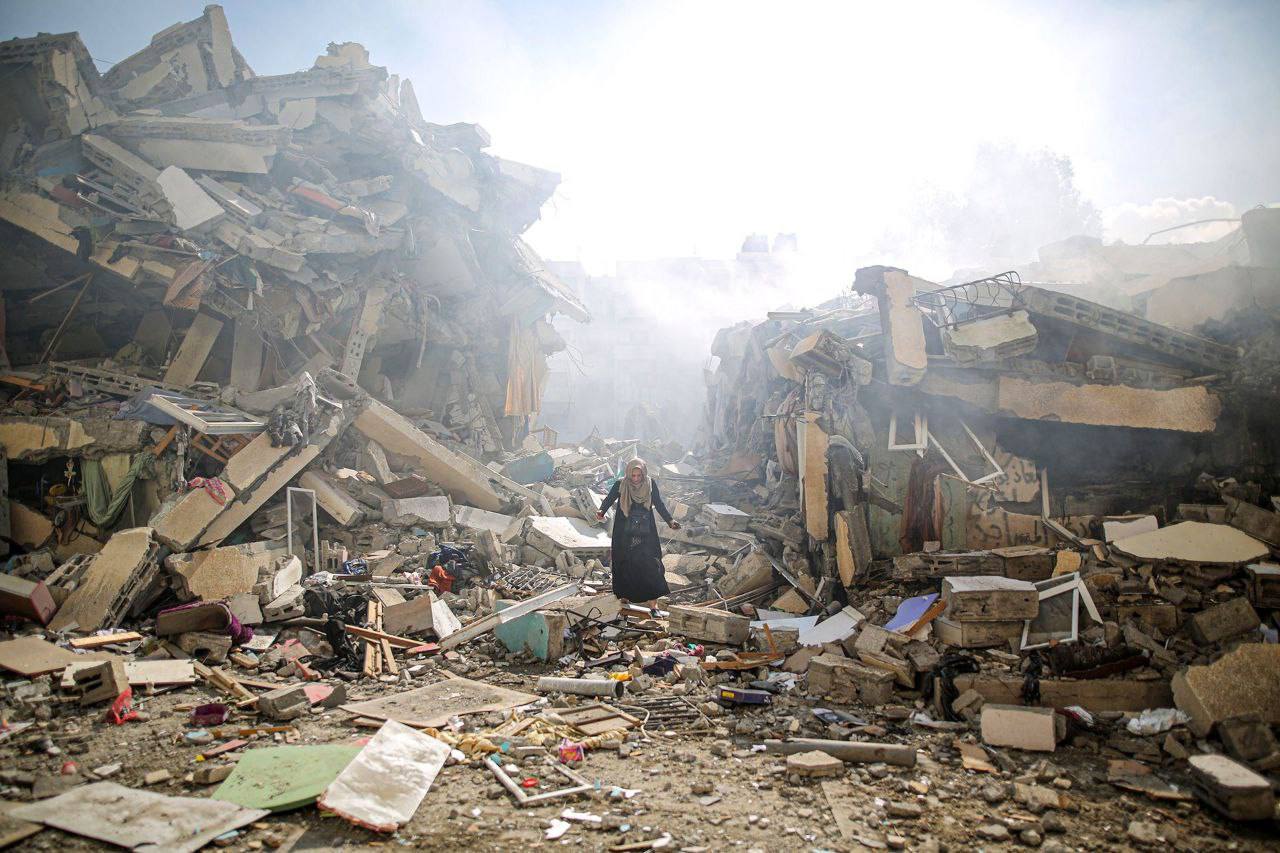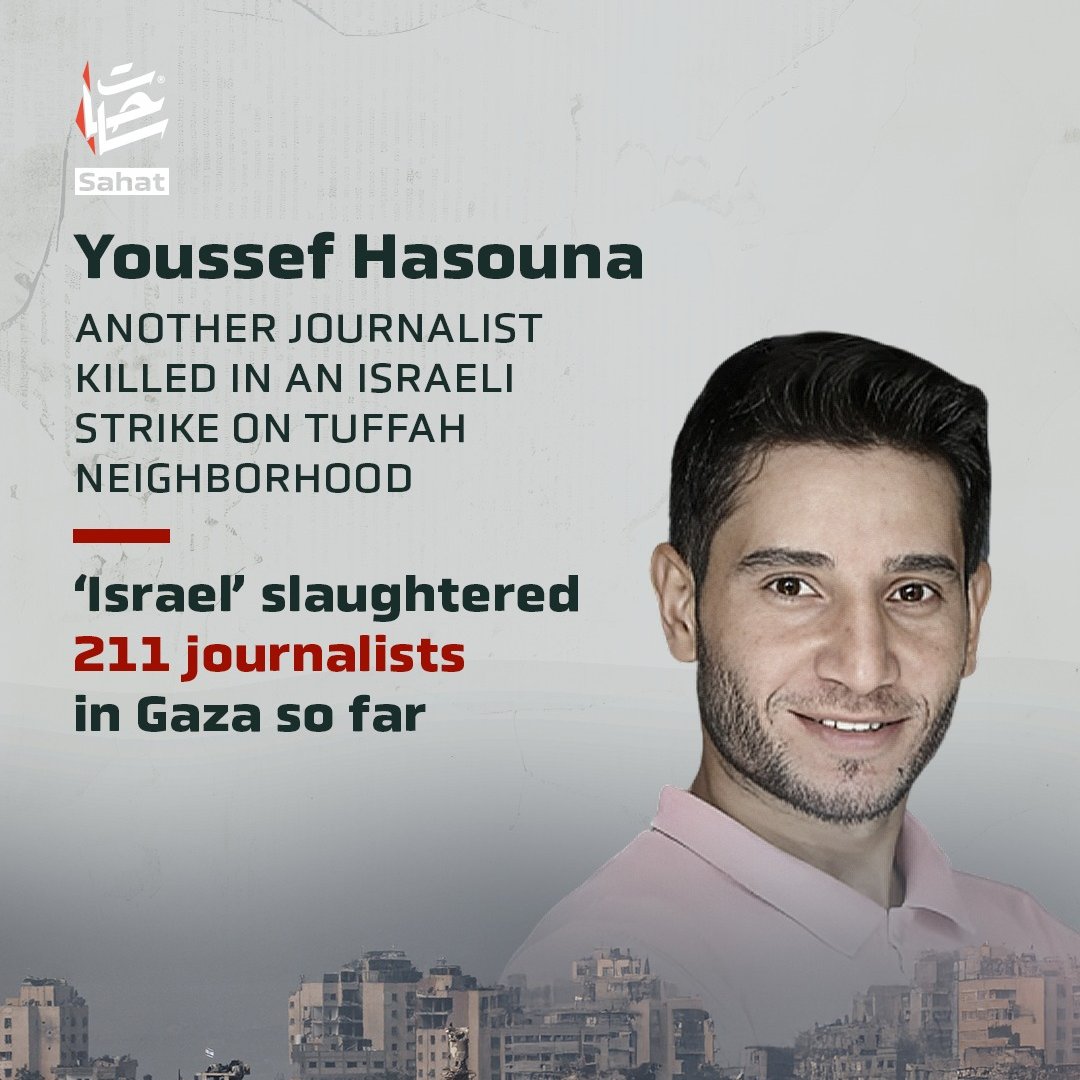
By Dr Khairi Janbek
When the Oslo Accords was signed, the greatest achievement was seen as being, the breakthrough in the impasse of mutual recognition between the PLO and Israel. They both recognized each other’s right to exist, and that was all about it. Of course everyone knew then as much as now, that crucial issues were not addressed, but the whole picture was: Israelis and Palestinians will no longer kill each other.
As for how to proceed in order to establish a two-state solution from there on was left to the future to take its own course without any hint even at the end of the five-year transitional period when there was supposed to a be sovereign Palestinian state. From then on it was a matter of illusions; Palestinian illusions as well as Israeli illusions.
For the PLO, the hope was that by accepting 22% of the Palestinian lands and relinquishing the right on the rest of the territories, a Palestinian state can be built with parts of East Jerusalem as its capital, while for the Israelis, a Palestinian “ bantustan” governed by the PLO, dependent on Israel with limited ‘petro-dolar’ support was the limit.
But who came out to make a name for himself right from the start as the fierce opponent of Oslo; it was of course Mr Benjamin Netanyahu. Was his opposition taken seriously, indeed it was, but all hopes were pinned on US support to keep the situation stagnant in the format of a no Palestinian state but also no Israeli re-occupation.
However, this stagnation is brought in back today as Oslo came to end by the Palestinians and Israelis effectively killing each other and a situation of non-contextual relevance to the once seen as a historical agreement. Indeed, when the guns spill death, words tend to be superfluous, but ultimately the guns will stop and the words will start flowing again with the Oslo Accords consigned to the shelves of history.
What would all this mean in a US election year it is hard to say, and even harder to predict. How would the future occupant of the White House call the shots in the Middle East, given the fact, and forgive the cliche, the region is indeed on the brink of a big war.
Will there be a new pressure from the US for a new wider peace accord between the Arabs and the Israelis that can guarantee within it at least, the minimum of Palestinian rights, or a semblance of an accord forced on the wreckage of a post big regional war, for which the winner gets the spoils? It is a hard to tell, but it won’t take too long to find out.
Dr Khairi Janbek is a Jordanian writer based in Paris and the above opinion is that of the author and doesn’t reflect crossfirearabia.com.







